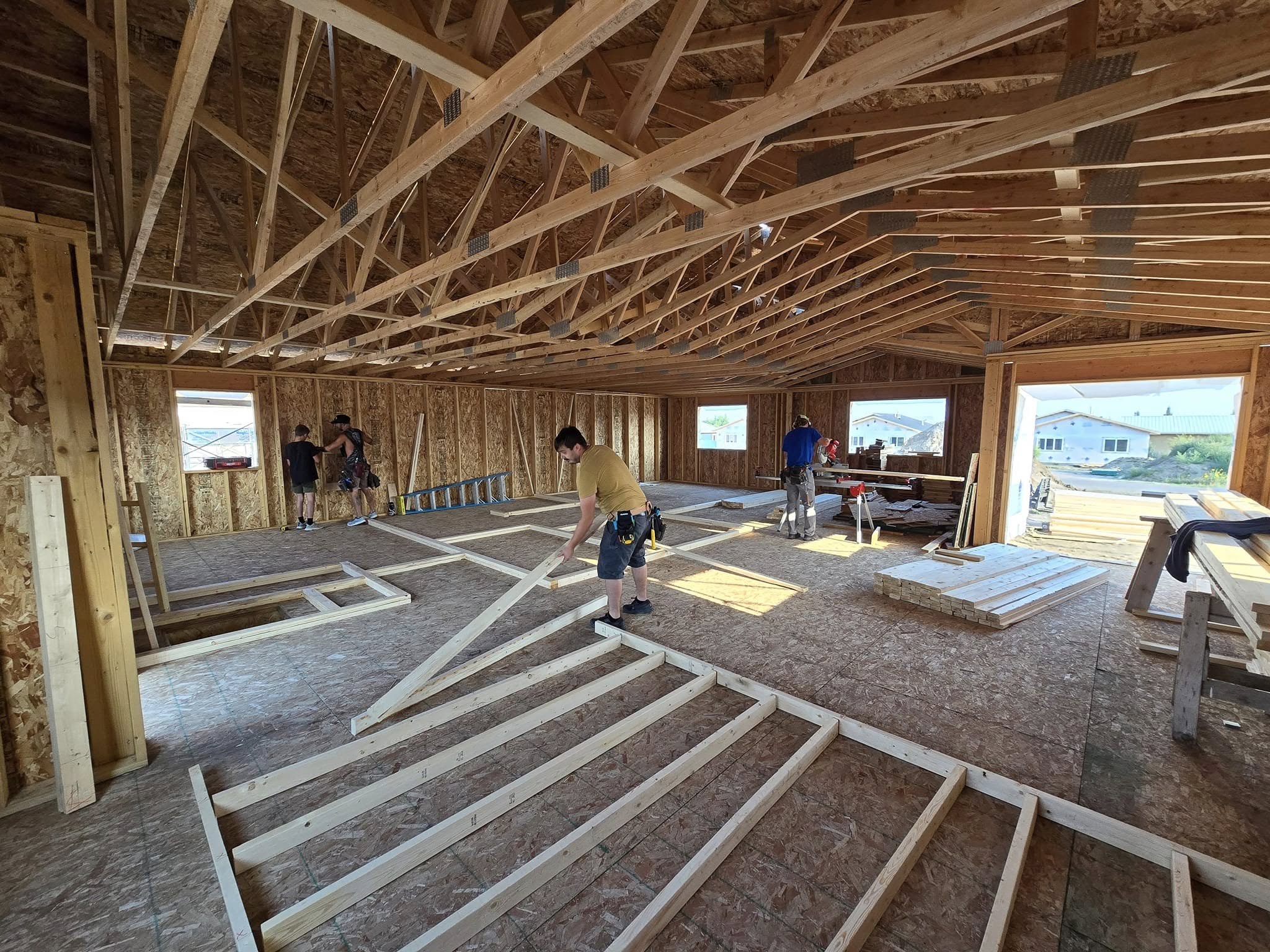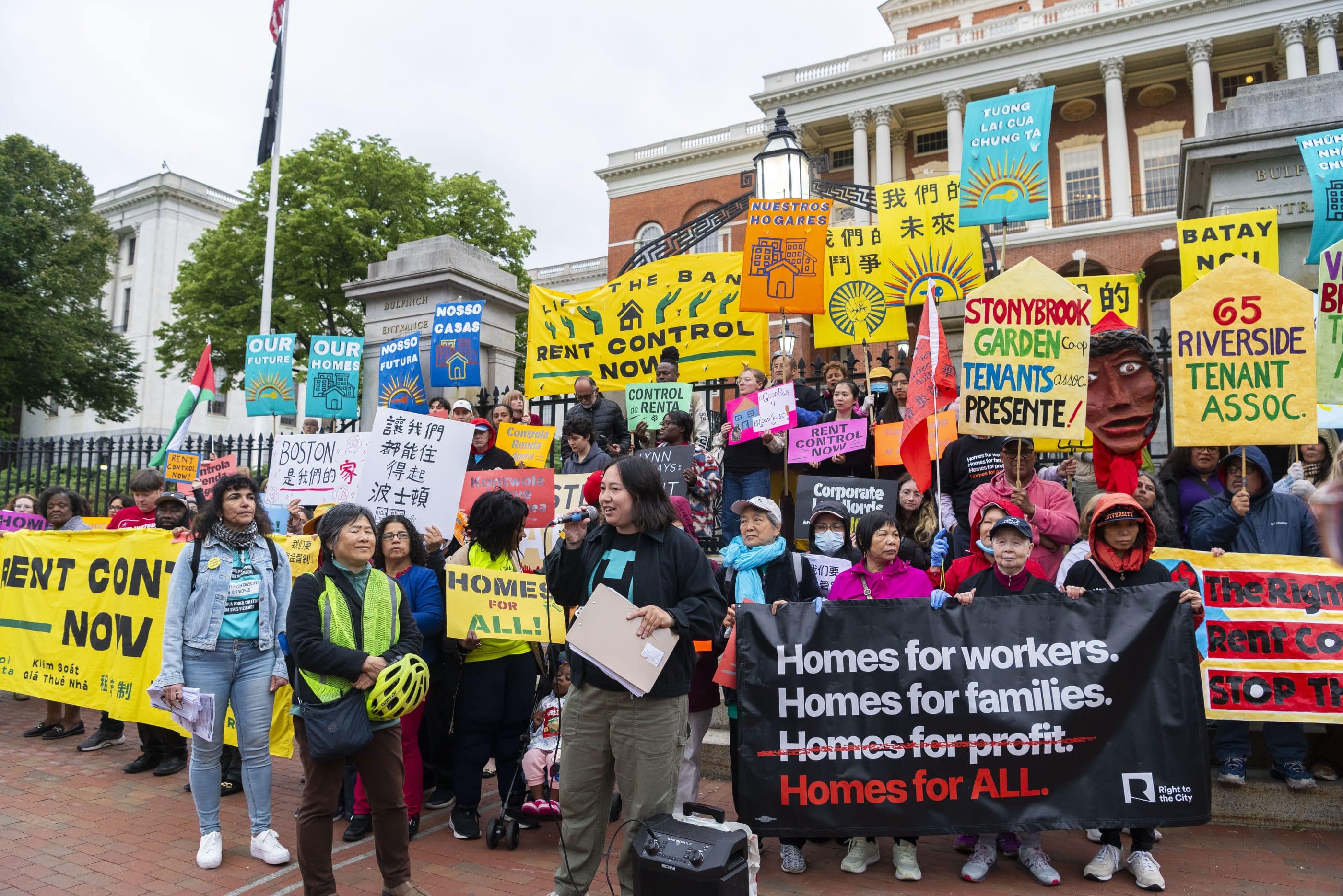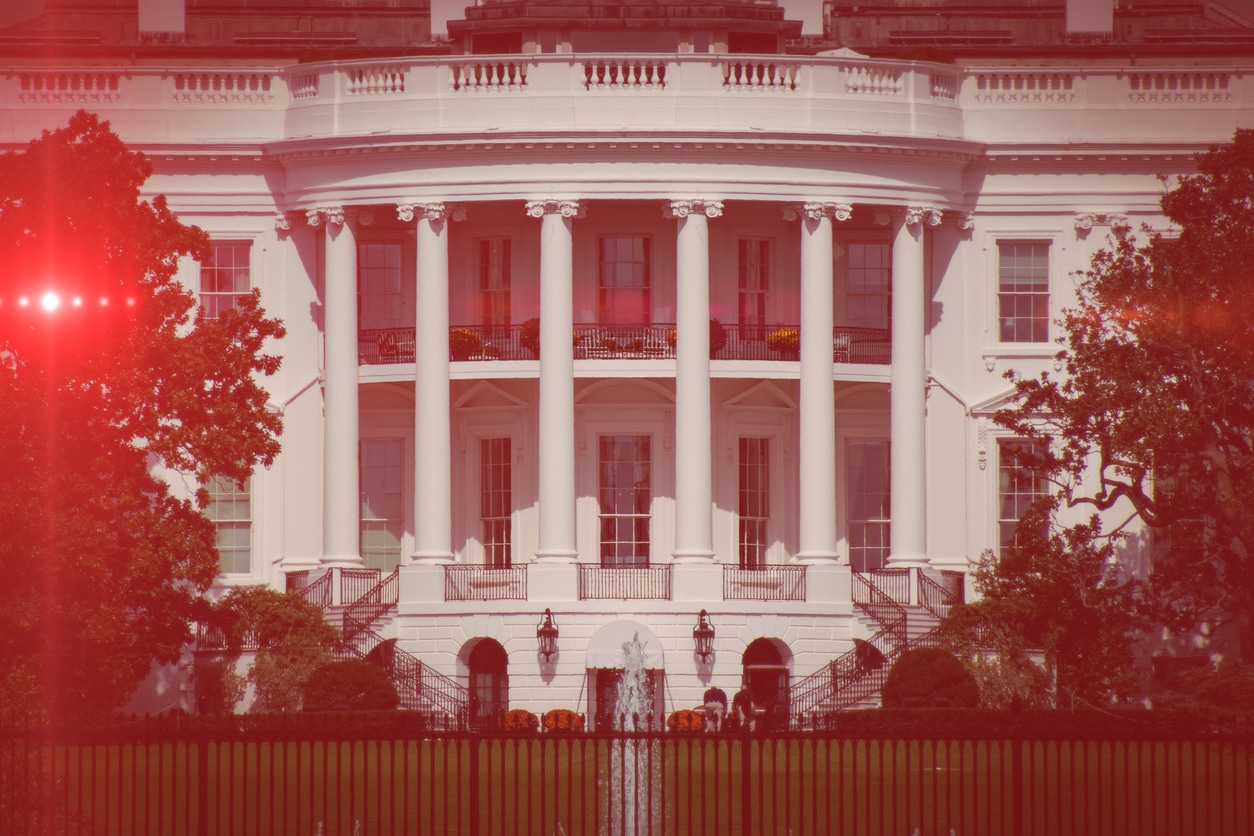NeighborWorks America (NWA) is a congressionally chartered independent nonprofit organization that supports a network of nearly 250 local organizations in creating and sustaining affordable housing, including through homeownership. At the end of last week, alarm rippled through the community development world as news spread that NeighborWorks had been assigned a team from the Department of Government Efficiency (DOGE). (Editor’s note: NeighborWorks America provides financial support for some of our work.)
NeighborWorks is not a government agency, and its employees are not federal employees. It is a private nonprofit organization, created directly by an act of Congress. It receives an appropriation directly from Congress and, by law, can only be dissolved by an act of Congress. However, DOGE has already taken over and attempted to shut down entities with a similar congressionally legislated status, such as the U.S. Institute of Peace.
As they wait for DOGE to act, NeighborWorks and its supporters have responded by emphasizing the financial efficiency of investment into the organization for creating badly needed affordable housing: Every dollar of congressional investment in NeighborWorks leverages an impressive $71 of other investment in American communities. According to NeighborWorks, its member organizations collectively “produce more affordable multifamily units than the top five for-profit developers combined.” NeighborWorks leaders and supporters are hoping that the administration decides it is in everyone’s best interest to let them keep operating unmolested—as it did by restoring Section 4 grants for the Local Initiatives Support Corporation and Enterprise Community Partners upon appeal.
“We want to continue partnering with the administration on its bold affordable housing goals,” reads an official statement provided by NeighborWorks. “There is no organization—public or private—that has similar positive multiplier effects in support of affordable housing for the American people. We know that an intact NeighborWorks America serves the country in the best possible way.”
Nonetheless, concern is high. NeighborWorks is not mentioned in Project 2025, but its appropriation was slashed in every proposed presidential budget during the first Trump administration, before being restored by Congress.
On Friday, April 18, the National Housing Conference (NHC)—a long-standing bipartisan, big-tent housing organization—took the highly unusual step for the organization of putting out a call to action to defend NeighborWorks. So far in this administration, NHC has focused on looking for bright spots and potential opportunities amid the chaos. In a departure from form, NHC instead appealed urgently to its whole membership to contact their elected officials, especially Republicans.
“Please keep in mind that during my seven years at NHC, this is the first time I have made this kind of request. It is that urgent,” wrote NHC’s executive director David Dworkin, noting that dismantling of USIP and USAID (US Agency for International Development) happened extremely quickly. “NeighborWorks America is a highly effective organization that serves the housing needs of communities throughout the United States, especially in highly underserved rural areas in red states.” Dworkin also told HousingWire that “there isn’t enough potential savings” there to “make sense that a DOGE team would waste a minute on NeighborWorks” and that the organization represents “the ultimate public-private partnership . . . exactly the kind of approach you’d want if you aim to reduce the government’s footprint while expanding the availability of affordable housing.”
In FY 2023, more than $200 million of NeighborWorks America’s $232.5 million budget came from congressional appropriations.
On Wednesday, April 23, NeighborWorks announced it was extending $12.3 million total in initial disbursements of its NeighborWorks Flexible Impact Grants base award to eligible organizations in its network. Although at this time of the year, NWA would typically be processing the full awards for these organizations, it has not been given its full appropriation yet this year, so it is unable to do so.
“Each day the housing affordability and supply crises dominates national and local news is a day that America needs the innovative partnerships and market-based solutions driven by congressionally approved investments in NeighborWorks homebuilders, housing counselors and lenders,” said NeighborWorks America president and CEO Marietta Rodriguez in a press release announcing the grants, which also emphasized the organization’s track record of working with all administrations, and its positive outcomes for residents of communities across the country.
A Hamstrung Board
Even if NeighborWorks escapes the DOGE wrecking ball, the organization may be facing some operational challenges in the near future. Its board composition is specified in its founding legislation. It is composed of the chairs (or a member designated by their chair) of the Board of Governors of the Federal Reserve, the Federal Deposit Insurance Corporation (FDIC), and the National Credit Union Administration, plus the secretary of the Department of Housing and Urban Development and the comptroller of the currency or a designated deputy comptroller. Board members may send someone to meetings to vote in their stead, but those people must be Senate-confirmed presidential appointments.
At the moment, the NeighborWorks website lists only Travis Hill, acting chairman of the FDIC, and Grovetta Gardineer, senior deputy comptroller for bank supervision policy at the Office of the Comptroller of the Currency (OCC), as board members. However, the OCC announced last week that Gardineer will be retiring this May (unclear whether voluntarily). NWA board member Tanya Otsuka was dismissed last week from the National Credit Union Administration. Lisa Cook, who is still on the Federal Reserve Board of Governors and had served on the NeighborWorks board since shortly after joining the Federal Reserve in 2022, is no longer listed as a NWA board member. The NHC email reported that she resigned from the board last week; this week Dworkin told Shelterforce he had no further information as to why. (The Federal Reserve declined to comment as to the cause, or the timing of their selecting a replacement.)
HUD Secretary Scott Turner appears to have not yet taken up his role on the board. (HUD did not return a request for comment about whether and when Secretary Turner would be joining the board.) Since a quorum for the board is a majority of the required members, being down one or two serving members would leave the board unable to take official votes, potentially complicating the organization’s interaction with DOGE, and raising worries about delays in official decisions that may be needed for the organization to keep doing its work.





Thanks for update.
I financed my home recently through a broker and they went out of business
scamming me out of $50,000
Can you or other VA agency ĥelp me?
We can’t, but a NeighborWorks group could! Or any other HUD certified housing counselor. https://www.consumerfinance.gov/find-a-housing-counselor/